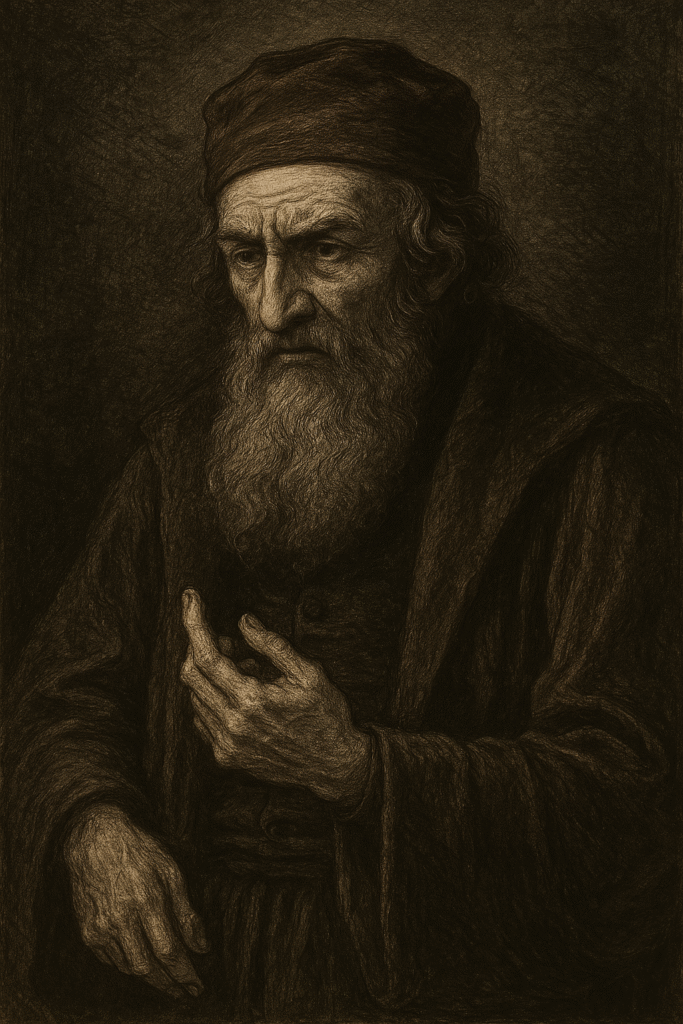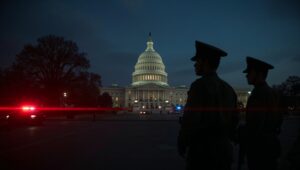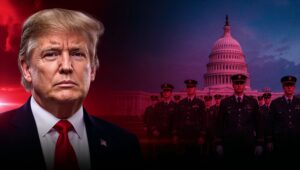Trump’s “Shylocks” Comment Condemned as “Extremely Offensive” Antisemitic Slur by ADL; President Claims Ignorance
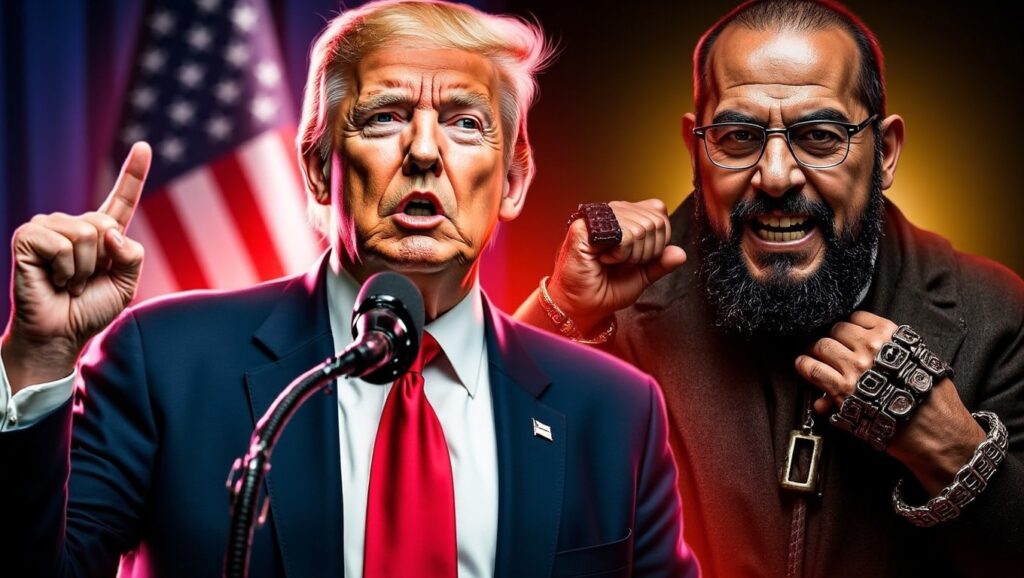
WASHINGTON – President Donald Trump ignited a firestorm of criticism after using the term “Shylocks” at a rally in Iowa on Thursday, a word the Anti-Defamation League (ADL) and other critics immediately condemned as a dangerous and offensive antisemitic slur. The President, in response to the backlash, claimed he was unaware of the term’s antisemitic connotations.
The controversy began during a rally at the Iowa State Fairgrounds on July 3, 2025, where Trump was celebrating the passage of his “One Big Beautiful Bill Act.” While discussing provisions related to estate taxes, he told the crowd, “No death tax, no estate tax, no going to the banks and borrowing from, in some cases, a fine banker and in some cases, Shylocks and bad people.”
The term “Shylock” originates from William Shakespeare’s 16th-century play
The Merchant of Venice, where Shylock is a villainous Jewish moneylender who demands a pound of flesh from a debtor. For centuries, the term has been widely considered a derogatory slur that evokes harmful stereotypes about Jewish people and greed.
The ADL, a prominent antisemitism watchdog organization, issued a sharp rebuke early Friday. “The term ‘Shylock’ evokes a centuries-old antisemitic trope about Jews and greed that is extremely offensive and dangerous,” the ADL said in a statement to Newsweek. “President Trump’s use of the term is very troubling and irresponsible… Words from our leaders matter, and we expect more from the President of the United States.”
Trump Responds to Controvers
When questioned by reporters about the remark upon returning to Washington, President Trump denied knowing the word’s offensive history. “No, I’ve never heard it that way,” Trump said. “To me, Shylock is somebody who’s a moneylender at high rates. I’ve never heard it that way. You view it differently than me.” As of Friday, the White House had not issued any further statements on the matter.
The President’s explanation, however, did little to quell the criticism from other public figures.
“Shylock is among the most quintessential antisemitic stereotypes,” said Amy Spitalnick, CEO of the Jewish Council for Public Affairs. “This is not an accident. It follows years in which Trump has normalized antisemitic tropes and conspiracy theories—and it’s deeply dangerous.”
Representative Dan Goldman, a New York Democrat, called the comment “blatant and vile antisemitism” and stated that Trump “knows exactly what he’s doing.” Meanwhile, California Democrat Representative Eric Swalwell publicly challenged the ADL to condemn the remarks, stating the organization would have “ZERO credibility” otherwise.
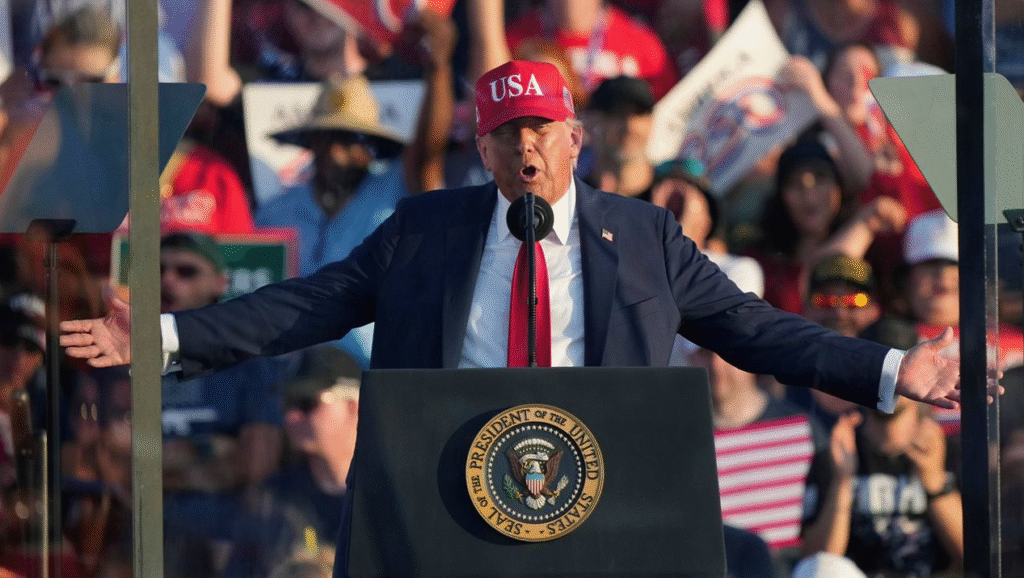
A History of Controversy and Precedent
This incident is set against a complex backdrop. The Trump administration has publicly stated a focus on combating antisemitism since he returned to office in January 2025. Yet, the President has previously faced accusations of using antisemitic tropes, including comments during the 2024 campaign and a 2022 dinner with Nick Fuentes, a known white supremacist.
Furthermore, this is not the first time a major U.S. political leader has used the term. In 2014, then-Vice President Joe Biden also used the word “Shylocks” when referring to predatory lenders. Biden subsequently apologized for what he called a “poor choice of words.”
The controversy over the Trump Shylocks comment continues to fuel a national debate about the language of political leaders and the enduring power of historical stereotypes.
